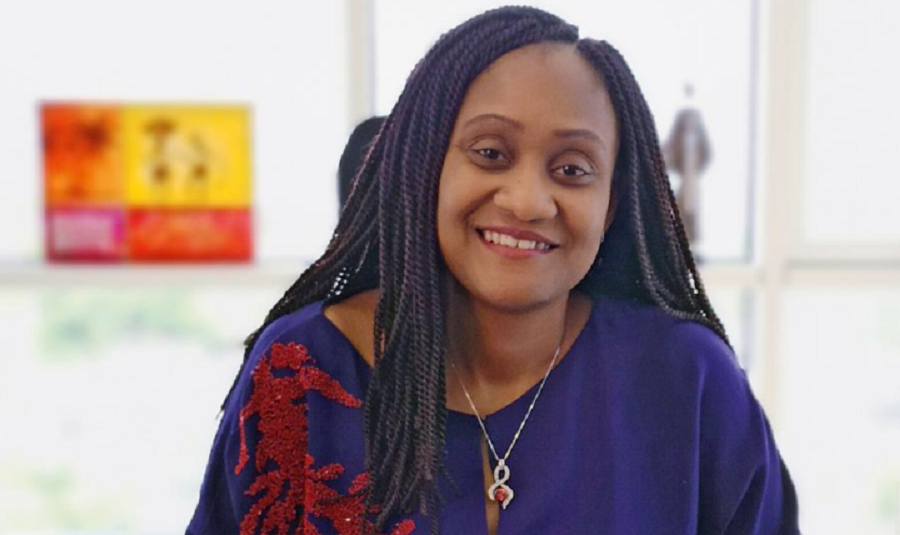German engineering giant, Siemens, said its multi-billion dollar deal to revamp Nigeria’s Power infrastructure has gained the interest of investors.
This was disclosed by the company’s Nigerian CEO, Onyeche Tifase, who also noted that Siemens aims to implement similar strategies it used in Egypt that saw electricity generation in the North African country grow by over 40%
The Backstory: Nairametrics reported last year that Nigeria had allocated the first N61 billion for its Electrification Road Map in partnership with Siemens AG. This followed a July 2019 agreement between both parties.
The Nigerian electrification project has three phases. The project is aimed at achieving 25,000 megawatts of electricity in the country by 2025.
In May, President Muhammadu Buhari directed the Ministries of Power, Finance, and the Bureau of Public Enterprise (BPE) to conclude the nation’s engagement with Siemens AG over the regular power supply.
Last month, Nigeria approved the sum of N8.64 billion as part of counterpart funding for the Presidential Power Initiative (PPI), which is also known as the Siemens Project. The PPI funding structure includes:
- 85% from a consortium of banks, guaranteed by the German government through credit insurance firm, Euler Hermes.
- 15 % of FG’s counterpart funding.
- 2–3 years moratorium.
- 10–12 years repayment, at concessionary interest rates.
Tifase said that the project would upgrade existing power substations and install distribution lines and transformers to Nigeria’s electrical grid, adding that the project has made potential foreign investors see investment opportunities in Africa’s largest economy.
“Our ability to deliver all the automation of distribution, transmission and generation has boosted investors’ confidence.
“Oil and gas companies that had stepped back because of a lack of benefits are reconsidering,” she said.
Nigeria losses 2% of its annual GDP to power failure. Siemens plans to upgrade Nigeria’s transmission capacity to 7,000 megawatts in the first phase of the project as the World Bank also approved a $750 million loan in June to finance efficient metering of Nigeria’s grid.
Apart from the World Bank, the project is also financed by German banks including Deutsche Bank and Commerz bank with supervision from the German government.













